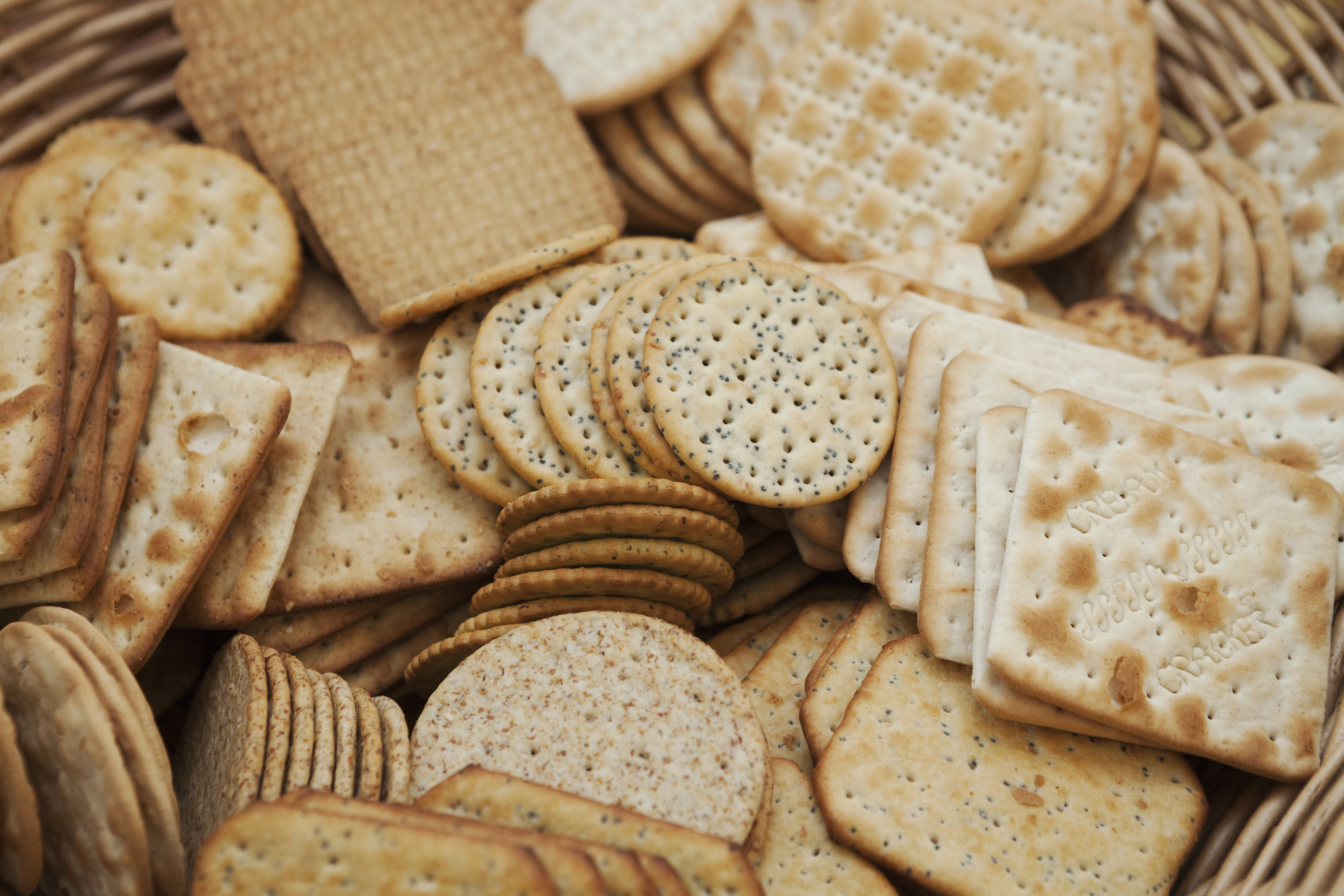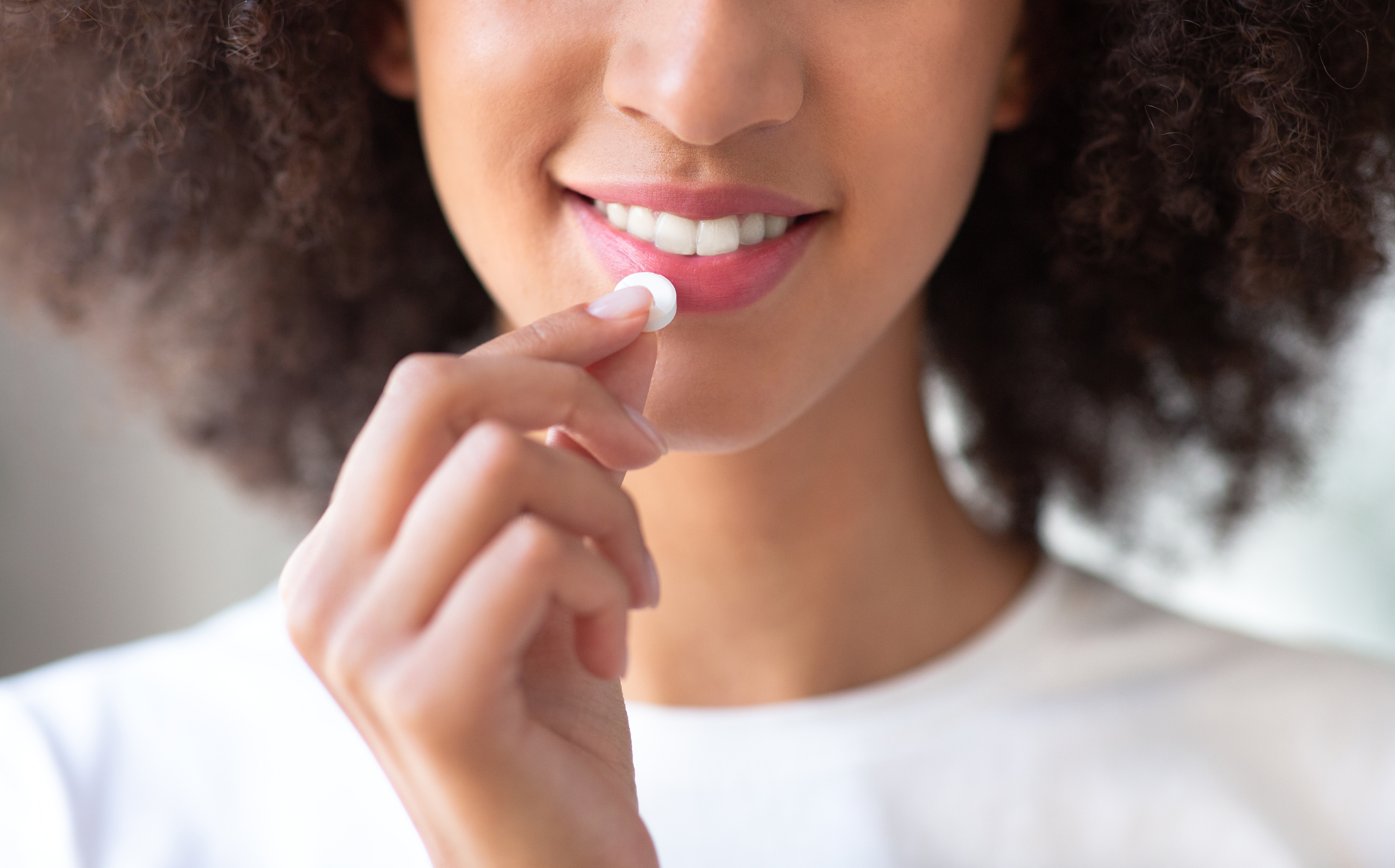21 Daily Habits That Quietly Destroy Your Gut Microbiome
Deep within you thrives a bustling metropolis of trillions of microbes – your gut microbiome. This hidden ecosystem acts as your second brain and immune fortress, profoundly shaping your digestion, mood, energy, and overall health. But beware: silent enemies lurk in our modern lives, stealthily disrupting this delicate balance without ringing alarm bells. From seemingly innocent habits to hidden environmental factors, these saboteurs can wreak havoc, impacting everything from your mental clarity to your risk of chronic illness. We've expanded our investigation to uncover 21 of these surprising culprits that secretly undermine your gut health. Ready to learn what might be holding your well-being hostage and how to fight back? Let's expose the hidden threats.
1. Processed Foods: The Hidden Culprit

Processed foods are a staple in many diets, offering convenience and long shelf lives. However, they often contain additives, preservatives, and artificial flavors that can disrupt the gut microbiome. These components can alter the microbial balance, reducing the diversity of beneficial bacteria and allowing harmful strains to proliferate. The high levels of sugar and unhealthy fats commonly found in processed foods further exacerbate this issue, promoting inflammation and impairing gut function. The impact of processed foods on the gut microbiome is profound. Studies have shown that diets high in processed foods are linked to a decrease in microbial diversity, a key indicator of gut health. This reduction in diversity can weaken the gut barrier, making it more susceptible to pathogens and toxins. Moreover, the lack of fiber in processed foods deprives beneficial bacteria of the nutrients they need to thrive, leading to an imbalance that can have far-reaching health consequences.
2. Antibiotics: The Double-Edged Sword

Antibiotics are powerful tools in fighting bacterial infections, but their indiscriminate use can be detrimental to the gut microbiome. While they effectively eliminate harmful bacteria, they also wipe out beneficial microbes that are crucial for maintaining gut health. This disruption can lead to a condition known as dysbiosis, characterized by an imbalance in microbial populations that can persist long after the antibiotic course is completed. The consequences of antibiotic-induced dysbiosis are significant. It can compromise the gut barrier, increase susceptibility to infections, and even contribute to the development of antibiotic-resistant bacteria. Moreover, the loss of beneficial bacteria can impair digestion, nutrient absorption, and immune function. To mitigate these effects, it's essential to use antibiotics judiciously and consider probiotic supplementation to help restore microbial balance during and after treatment.
